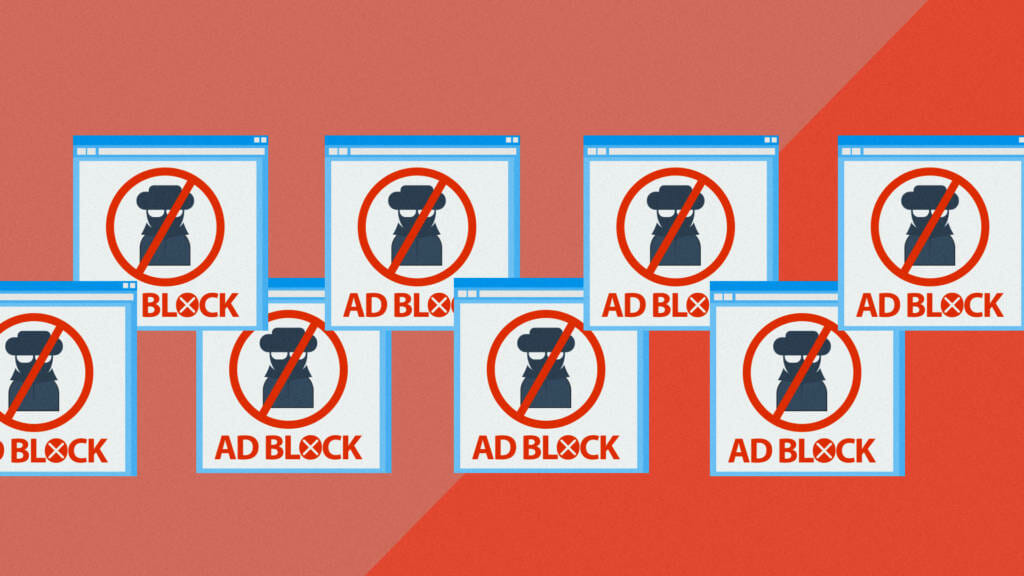Despite a lot of posturing, history and studies show that most marketers will not reduce digital ad spending even if fraud and brand safety concerns persist.
During the annual Interactive Advertising Bureau conference on Monday, Unilever chief marketing officer Keith Weed challenged tech giants to stop spreading toxic content or the company would take its money elsewhere. Companies like Proctor & Gamble and Unilever have been vocal about their threats to pull digital ad dollars, but most companies can’t afford not to advertise on these platforms.
When asked if brands would reduce their digital ad spend if brand safety, viewability and fraud aren’t resolved, 49 percent of brands and 47 percent of agencies agreed, according to a recent study by Warc.
The hard truth is that Google and Facebook are just too big to be seriously impacted by a boycott. Even after the “great YouTube boycott of 2017,” ad revenue for parent company Alphabet climbed to an all-time high in the fourth quarter.
Forrester predicts that 70 percent of companies will spend more on both mobile web and app advertising in 2018. In fact, 39 percent of companies that spend more than $5 million per month will up budgets by more than 30 percent.
This leap in digital ad spend is planned despite the risk of fraud. Of the marketers it surveyed, more than a third estimated that over 40 percent of their budgets were at risk of fraud. Only 19 percent reported taking systematic action to prevent fraud, though assigning high priority to fight ad fraud in the next 12 months was almost unanimous.
The ends may also justify the means when it comes to brand concerns. Google Adwords still has best ROI in 2017, according the Singular ROI Index released Wednesday.

